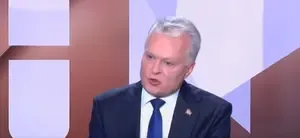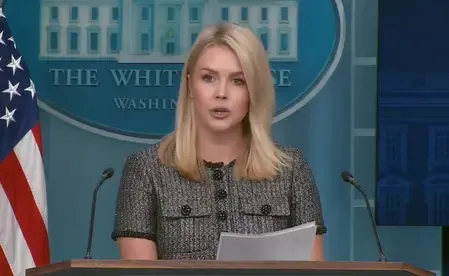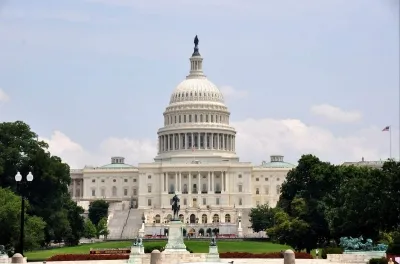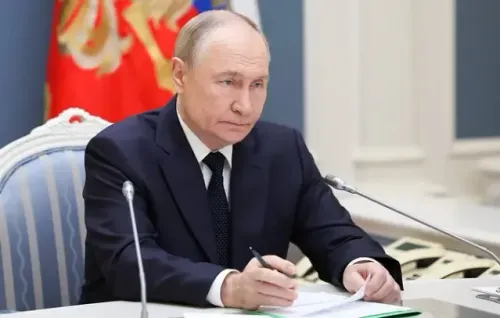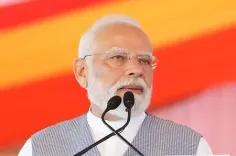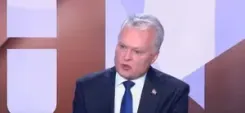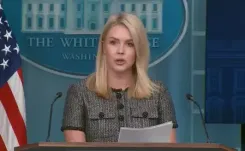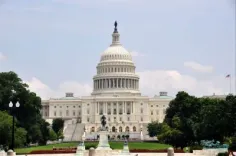Is Dialogue Really Better Than Confrontation? Putin Discusses Cancelled Meeting with Trump
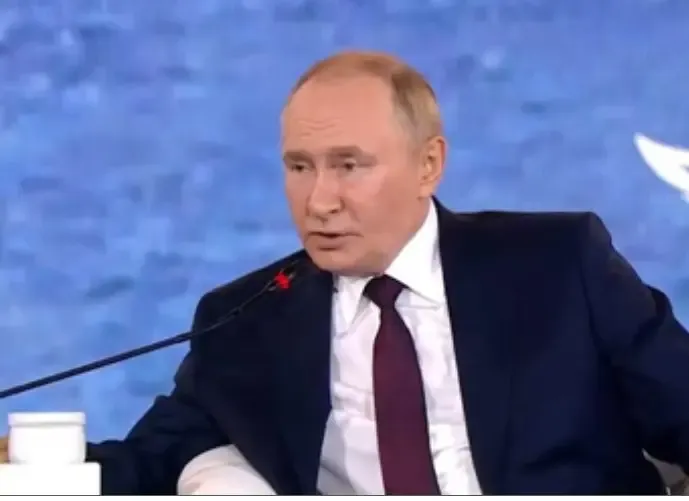
Synopsis
Key Takeaways
- Putin advocates for dialogue over confrontation.
- US sanctions target major Russian oil companies.
- Continued diplomacy is crucial for resolving the Ukraine conflict.
- Russia claims strong immunity to Western sanctions.
- Future meetings between leaders may still occur.
Moscow, Oct 24 (NationPress) Russian President Vladimir Putin addressed the cancellation of his meeting with US President Donald Trump, which was initially scheduled to occur in Budapest, Hungary, in the upcoming weeks.
Highlighting the necessity of ongoing diplomacy to resolve the conflict in Ukraine, Putin remarked on Thursday, "What can one always say? Dialogue is always superior to confrontation, disputes, or even more so, war."
"For this reason, we have continually advocated for the continuation of dialogue, and we support it now," he added.
He indicated that it would be unwise for both himself and the US President to treat this lightly and leave the meeting without achieving the anticipated outcomes, emphasizing that the US had originally proposed the summit.
The Russian leader noted that the summit initiated by Washington is now "postponed".
Putin explained that Trump has opted to "postpone" the meeting.
Furthermore, Putin dismissed the latest US sanctions targeting Russia's oil sector, labeling them as an ineffective effort to coerce Moscow into submission.
"No self-respecting nation acts under duress," Putin stated, following the US's imposition of broad restrictions on Rosneft and Lukoil, Russia's leading oil companies.
The sanctions were announced after the Kremlin declined calls for an immediate ceasefire amid its ongoing conflict with Ukraine.
Putin warned Trump that these sanctions could disrupt global energy markets, potentially escalating oil prices worldwide.
"We clearly stated that this would influence global oil prices, including those in the US," he added.
The US Treasury Department clarified that the measures aim to "restrict Russia's capacity to finance its aggression."
Ukrainian President Volodymyr Zelensky welcomed the sanctions, deeming them a significant step that would "diminish the Kremlin's ability to wage war."
The Russian Foreign Ministry characterized the US sanctions against two Russian oil firms as "counterproductive" and asserted that Moscow possesses "strong immunity" against Western sanctions.
In response to the US Treasury's sanctions on Lukoil and Rosneft, Russian Foreign Ministry spokeswoman Maria Zakharova stated, "We view this action as solely counterproductive," as reported by Russia's leading news agency, Tass.
Zakharova's comments followed Trump's recent sanctions targeting Russia's two largest oil companies as part of his ongoing efforts to resolve the conflict in Ukraine.
The US Treasury Department has specifically targeted Russian firms Rosneft and Lukoil, along with their subsidiaries, warning that further actions could be anticipated.
Regarding dialogue with the US, Zakharova asserted that Russia perceives "no significant obstacles" in continuing the dialogue initiated by President Putin and his US counterpart Trump to establish a political framework for a resolution in Ukraine and to achieve tangible results.
She noted that the Russian Foreign Ministry remains "open to continued communication" with the US State Department, according to Tass.
The spokesperson for the Russian Foreign Ministry indicated that the aim of these communications is "to clarify the parameters of the Russia-US dialogue on various facets of bilateral relations and subsequent joint efforts in the Ukrainian settlement process."
During a meeting with NATO Secretary General Mark Rutte at the White House on Wednesday, Trump expressed hope that the "war will be resolved."
"These are significant sanctions. They are substantial against their two major oil companies. We hope they won't last long. We anticipate a resolution to the war," he stated.
Trump also reflected on his prior discussions with Putin, noting they have not yielded any significant breakthroughs.
"Every time I converse with Vladimir, I have constructive dialogues, but they do not progress. They simply do not advance. He is engaged in a conflict. It's two very capable sides, and that is the nature of war. The outcome is uncertain, but I would assert that it is time to reach an agreement," he emphasized.
On Tuesday, Trump canceled his anticipated meeting with Putin in Budapest, stating he didn't "want to have a futile meeting."
"We canceled the meeting with President Putin. It simply didn't feel appropriate to me. It didn't seem like we were going to achieve what we need to. So, I canceled it, but we will arrange it in the future," he remarked.

